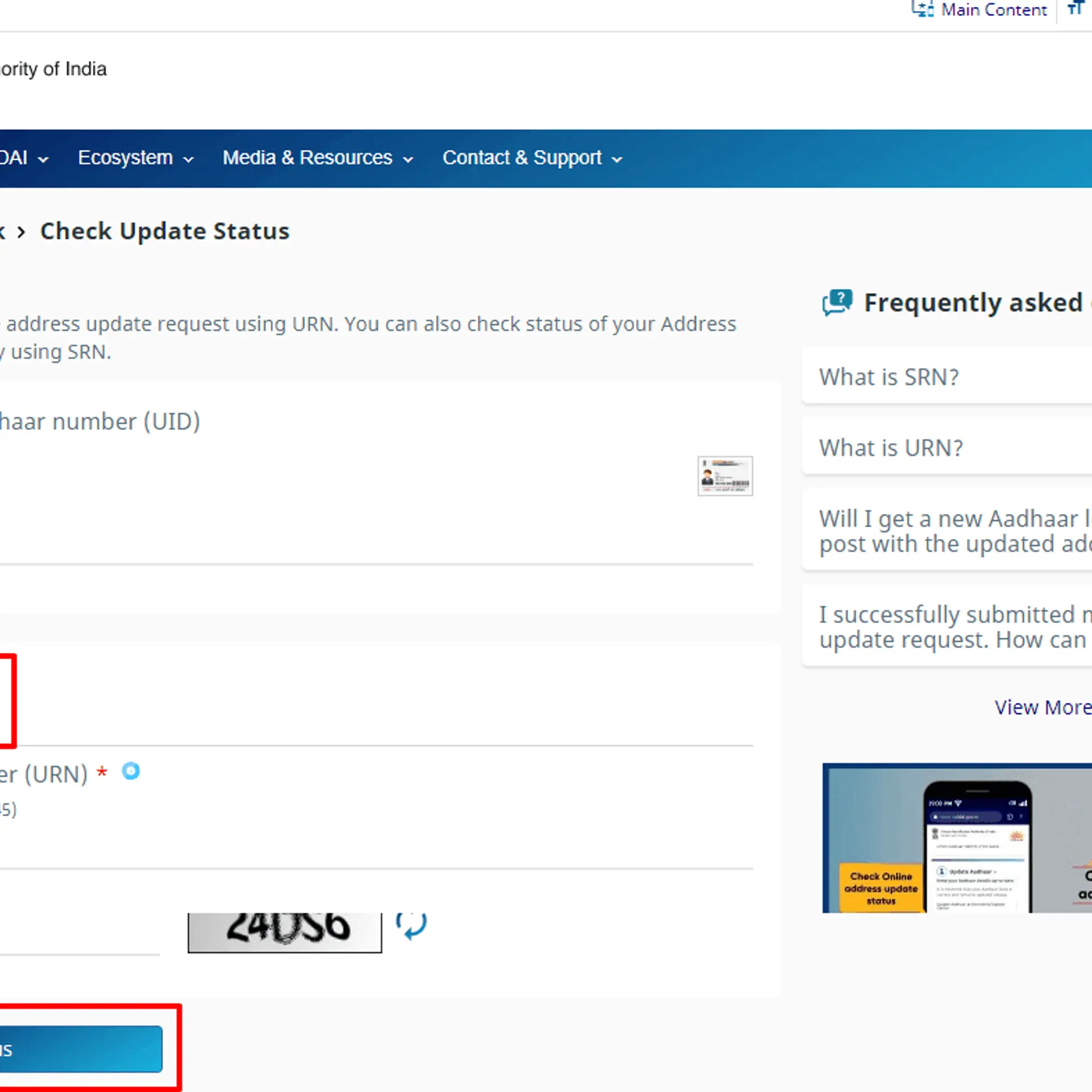

4 mistakes hoteliers should avoid in 2017
Monday January 30, 2017 , 4 min Read
Not renegotiating terms with OTAs
Hoteliers have been holding Online Travel Agents like Priceline, Expedia, Booking.com etc. responsible for their woes for a pretty long time now. There is definitely merit in believing the same. According to a research done by Morgan Stanley, out of the 570 billion USD revenues earned by the global hotel industry in 2016, the pie taken by commissions charged by OTAs (16 billion USD) was higher than branding fees taken by hotels (11 billion USD). The current consolidation happening in the OTA space (acquisition of Goibibo by Make My Trip) , high advertising spends and intelligent use of data analytics have given greater negotiating power to OTA in their contracts with hotels. The situation is worse for budget hotels who are threatened of being blacklisted and need to be mentally prepared for last minute contractual changes.
However, accepting this situation as destiny is a recipe for ruin. Many hoteliers have started investing in direct booking to have better control of customer information that is key to building loyalty. However it is still very nascent. Direct bookings can challenge the power of OTAs only when the guest finds more value in it. Investment in data intelligence that can be used to customize loyalty programs or personalize content on the web page is crucial for guests to hit the book button on the hotel’s website.
Once this is in place, hotels will be in a much better position to renegotiate their terms with OTAs. With an industry highest loyalty benefit redemption rate of 9.6% directly on its hotel website and merger with Starwood Hotels, Marriott International has managed to consolidate its strength. And now instead of competing, it is collaborating with Booking.com and Expedia to drive bookings for lower end hotels or vacation packaging while exclusively concentrating on the high ticket purchases itself.
Not factoring online reviews in revenue management
Almost 75% of guests in India check online reviews before booking a hotel property. Out of these, those who find no reviews of a particular property are most likely not to book it. Worldwide, almost 88% of people trust online reviews as much as personal recommendation. Hence not paying attention to what is being spoken about your brand online is a hara-kiri. It is popular knowledge that the visibility of your brand on Google’s search engine is improved with greater number of quality reviews posted on external websites (of likes of TripAdvisor or HolidayIQ). More importantly, the experiences shared by your guests are a gold mine of information. A new elevator technology that automatically allots the lift to aboard in a luxury hotel might be annoying for guests due to its excessive wait time. The front desk manager who spared change to the guest during demonetization crisis might be the main reason for turning the guest into a promoter for your brand. Analyzing this in time to personalize service and improve satisfaction is what will separate the best from the average in this business.
Choosing technology vendors primarily on the basis of cost
Technology has to be built around the customer. While deploying any technology layer, hoteliers have to resist the temptation of making incorrect decisions driven primarily by lowest bid offered. Product quality, reliability, flexibility to align with the current business challenges of the hotelier, vision to predict the future trends and innovate with speed and high level of customer support have to be given very high weight in choosing vendors. For ex: A cheaper Online Reputation Management solution might be scrapping data from OTA instead of having authorization for API integration. The loss of productivity and reputation of your brand will be much higher and an example of “penny wise pound foolish” will be set for everyone to see.
Underestimating the new media
The “millennial traveler” shops around for experiences rather than a simple visit to a destination. As per a recent survey conducted by Trip hobo, travelers are now more likely to follow to the T the itineraries of other travelers with increasing duration of travel. This means that a travel blogger promoting your hotel brand as an integral part of making his journey memorable is highly influential in getting you new guests. Also the new media is embracing technology to make travel simpler. Tripoto’s “Your Virtual Travel Buddy” is an AI based travel concierge that chats with the user helping him to book tickets, reservations in hotels, choose top attractions to visit. In addition to the content from its core product Tlabs, it has product feeds via API integration with AirBnB and Booking.com.
AirBnB has understood this pulse and launched its own “Trips” platform to bundle local experiences (music concerts/ festivals/ cultural activities) with its home-stays. The hoteliers who perceive staying disconnected from the local surroundings as symbolic of its elite value have to wake up. Seriously.






